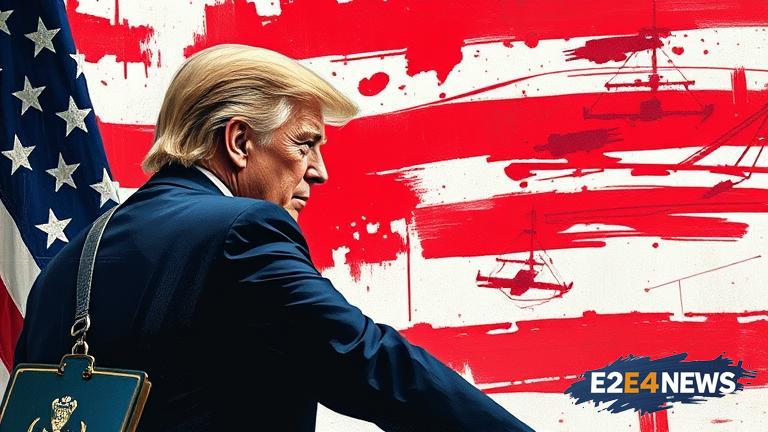The recent allegations surrounding an alleged coup involving former President Barack Obama have brought to the forefront the contentious issue of presidential immunity. This concept, which grants the President of the United States immunity from prosecution for actions taken while in office, has been a topic of discussion and controversy for years. The alleged Obama coup, though unverified, serves as a catalyst to examine the implications and potential drawbacks of this immunity. Presidential immunity is rooted in the idea that the President should be free to make decisions without fear of legal repercussions, allowing them to act in the best interest of the country. However, critics argue that this immunity can be exploited, enabling Presidents to act with impunity and potentially engage in unlawful activities. The Obama allegations, whether substantiated or not, underscore the need for a balanced approach to presidential power and accountability. It is essential to consider the historical context and the intentions behind the principle of presidential immunity. The Founding Fathers, in drafting the Constitution, aimed to create a system of checks and balances, ensuring that no single branch of government would dominate the others. In practice, however, the application of presidential immunity has sometimes led to a lack of transparency and accountability. The controversy surrounding the alleged Obama coup highlights the importance of oversight and the role of the judiciary in ensuring that the executive branch does not overstep its authority. Furthermore, it raises questions about the limits of presidential power and the need for clearer guidelines on what constitutes an impeachable offense. The debate over presidential immunity is not new, with scholars and legal experts weighing in on the issue for decades. Despite the controversy, it is crucial to recognize the significance of the presidency and the need for the office to maintain a level of autonomy. Nevertheless, this autonomy must be balanced against the principles of accountability and the rule of law. As the United States continues to grapple with the complexities of presidential immunity, it is imperative to engage in a nuanced discussion, considering both the historical context and the contemporary implications of this concept. The alleged Obama coup, while unverified, serves as a reminder of the ongoing need for vigilance and oversight in ensuring that the executive branch acts within the bounds of the law. Ultimately, the future of presidential immunity will depend on the ability of the legislative, judicial, and executive branches to work together in establishing clear guidelines and checks on presidential power. This collaborative effort is essential to maintaining the integrity of the office of the President and upholding the principles of democracy and accountability. The country’s democratic institutions, including the media and civil society, also play a crucial role in monitoring the exercise of presidential power and advocating for transparency and accountability.
